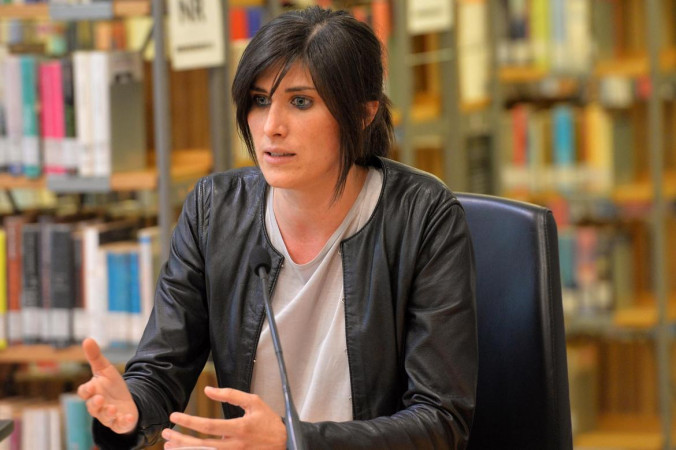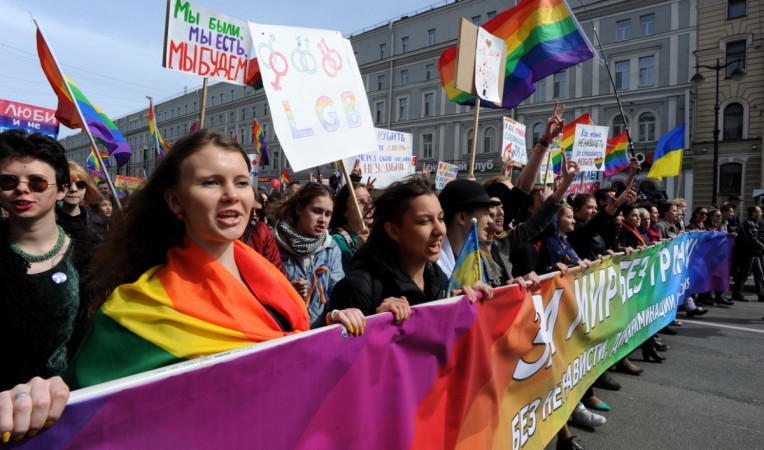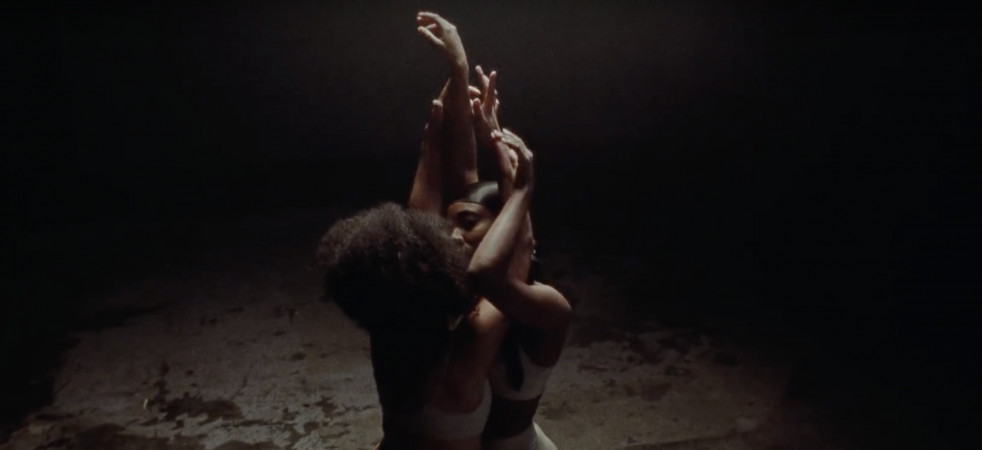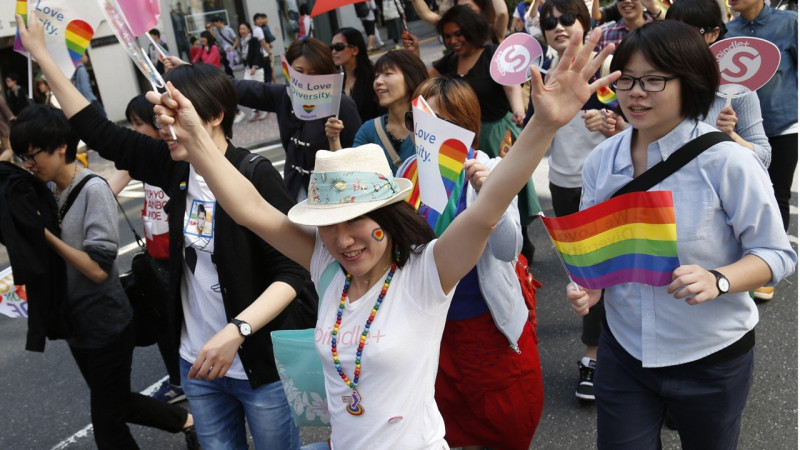Queer Dating Apps in Azerbaijan - Part 3
Lesbian, Queer, and Non-Binary Experiences
28/Sep/25
1732
Love?, Risk, and Connection: Queer Dating Apps in Azerbaijan, Part 3
Lesbian, Queer, and Non-Binary Experiences
Queer dating apps in Azerbaijan overwhelmingly cater to gay men. For lesbian, queer, and non-binary people, there is little to no dedicated space to seek partners or build meaningful connections online. The reasons are layered, and they reveal how gender identity, safety, and visibility intersect in complicated ways.
Non-Binary Experiences: Misunderstood and Invisible
For non-binary people, online dating is particularly difficult. Many gay men—and by extension, the spaces dominated by them—lack an understanding of gender identities beyond the binary. As a result, non-binary users often face confusion, rejection, or outright dismissal. To avoid this, some choose not to disclose their identity at all, while others downplay or hide it when interacting on apps.
Technically, platforms like Tinder, Grindr, and Hornet allow users to select non-binary or alternative gender options. But in practice, these labels drastically limit visibility. Only a very small community understands or respects them, which makes it hard for non-binary people—especially those seeking masculine-presenting partners—to find meaningful connections.
Lesbian and Queer Women: Limited and Unsafe Spaces
For lesbians, queer women, and non-binary people who seek women partners, the situation is even more precarious. Unlike gay men, who have at least Grindr or Hornet, there are no large-scale platforms widely used by women-loving-women in Azerbaijan. Tinder is technically available, but many women avoid it due to safety concerns and the high risks of exposure.
Those who do try often encounter serious challenges. A common experience is running into couples who are secretly looking for a “third” to join their relationship, or married women seeking discreet encounters without disclosing their situation upfront. In other cases, users discover that the person behind the profile isn’t a woman at all but a straight man posing as one—using fake accounts to solicit nudes or engage in fetishized roleplay. These risks make dating apps not just frustrating but unsafe for queer women and non-binary people seeking women.
Alternatives: Small and Limiting
Some apps do exist that cater to women and queer communities, such as Her, Bumble, or Hinge, but in Azerbaijan they remain niche and rarely used. Many users report seeing either no one or the same small circle of people across these apps, which makes the experience feel frustrating.
Because of these limitations, many lesbians and queer people turn to Instagram as a primary platform for meeting potential partners. Unlike anonymous dating apps, Instagram offers more transparency: users can see who someone is connected to, what kind of social circles they move in, and whether their identity seems genuine. This sense of validity and context makes it a safer and more reliable option, even if it wasn’t designed as a dating app in the first place.
Why It Matters
Dating in Azerbaijan is already difficult under conservative social norms and constant risks of exposure. For lesbian, queer, and non-binary people, the absence of safe and reliable online spaces makes it even harder to find love, intimacy, or even community. Without inclusive platforms, many are pushed into unsafe situations, forced to hide their identities, or excluded from dating culture altogether.
Creating accessible and safer online spaces is not just about convenience—it’s about recognition. It ensures that lesbian, queer, and non-binary people can seek partners without fear of harassment, disrespect, or violence. More inclusive platforms, stronger community-based networks, and alternative online spaces could help fill this gap.
Powered by Froala Editor



